Head of School Elizabeth English walked into Kristin Taylor’s classroom on Oct. 2 to be interviewed by an eager group of nine journalism students.
As she sat down at the head of the long table, she adjusted her chair height and told the class a tip she acquired over the years: when possible, adjust your chair so that it is the tallest one in the room. The students laughed and began to inquire about English’s story.
Childhood and Background

English grew up in a suburb of Boston, Massachusetts, called Wayland. “North Wayland was full of what I would say were the more upwardly mobile families, and then my family lived in Cochituate, which was the more working class part of town,” she said.
Despite her current career in education, English did not come from a highly educated background. In fact, she was the first in her family to attend college.
Her mother, Lillian Stanhope, worked in a shoe mill in Lowell, Massachusetts. She dropped out of school after eighth grade because she needed to work to support her family.
English remembered her mother saying, “Elizabeth, two things: never get pregnant before you want to… and always have your own money.” English also attributes her love of nature to her mother.
I always liked to think of my mom as an early, though not fully conscious, feminist,” English said.
Her father, Antonio Inglesi, changed his last name to “English” after returning from World War II.
“He was intensely proud to have served in the military during World War II, and just very heavily identified as an American and wanted to anglicize his name as a result,” she said.
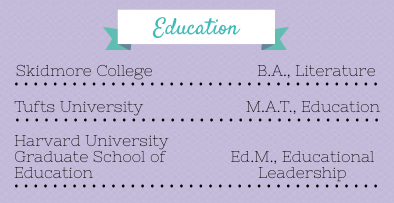
English has three brothers and sisters, only one of whom graduated from high school. Regardless of her family’s educational status, she went on to receive three degrees at Skidmore College, Tufts University and Harvard University.
“The reason that I am so passionate about education is that education changed the trajectory of my life entirely,” she explained.
As a child, English was very athletic and spent a lot of time outdoors. She was involved in sports like swimming and gymnastics. When looking back on her behavior as a child, English said, “I just cannot believe how daring [my friends and I] were.”
Personal Interests
Today, English still has a passion for all things athletic: she enjoys running, skiing, horseback riding and cycling. She has completed 400 miles on her spin bike in the privacy of her own home. “No one needs to see me in spandex,” she laughed.
If I was independently wealthy, I would give a lot of my money to Archer to build the campus plan, and then I would just travel the world skiing wherever there is snow.” – Elizabeth English
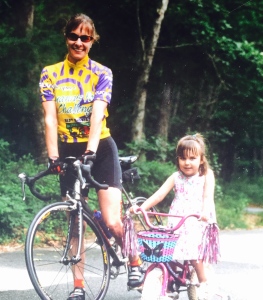
“I don’t know what it is; I love challenge, I love speed, I love a little bit of danger in my activities. It makes me feel powerful,” she added.
Upper School Director Samantha Coyne-Donnel told the Oracle that she enjoys mountain biking with English.
“English doesn’t hold back, so you have to respect that,” she said.
Apart from her athletic interests, English loves being with her family: “My daughters are the best, I’m going to have a really hard time when Sage goes away,” she explained as she began to tear up.
English’s oldest daughter, Sage Orvis ’15, is currently a senior at Archer.
On her experience when she first started at Archer in sixth grade, Orvis said, “It was definitely more difficult because it was a new school for me, and so that transition was already difficult enough.”
On top of all of the difficulties that came along with beginning a new school, Orvis added that “some people [implied] that I got special treatment.”
“I think that people had that idea at first, but I don’t really think that people believe that anymore. I think that people know me for me,” she said.
When asked about how the stress of the campus plan has affected her family, Orvis said, “It’s definitely difficult, it’s definitely stressful, it’s definitely frustrating and hurtful, but we’re not suffering as a family.”
Early Career
English’s career began at the all-girls’ Emma Willard School in New York. Before beginning at Emma Willard, she was skeptical about an all-girls’ education. She recalls thinking,
This has got to be irrelevant, an all-girls’ school?! I completely didn’t understand.”

She quickly changed her perspective on the issue of single-sex education while working at Emma Willard.
“I was noticing how different the girls were at Emma Willard, how confident they were, how poised they were, how comfortable they were with their own voice,” she said. “I was stuck by this, I couldn’t figure this out.”
While pregnant with her second daughter, Gwyneth Williams, English took some time off of work. Neither she nor her current husband Leigh Williams had a job at the time and were living solely off of their savings, which she said were “not huge.”
But despite the lack of an income, English said, “It was actually a really happy time in our lives.”
During her time off, English decided to take on a job to make more money and cover the basic costs of living. This job was slightly unconventional — she worked at a shop in Cape Cod called “Mermaids on Main.” She laughed while saying that she worked selling mermaid “chotskies” and “had to listen to Calypso music for eight hours straight.”
Finding Archer
English eventually went back to teaching at public schools. “I noticed that even though the vast majority of people who work in schools are women, most of the heads and principals of schools, particularly secondary schools, are men,” she said.
It seemed like there was always a male leader surrounded by all of these women doing all of the operational work, and it really bothered me…” – Elizabeth English
It was then that she knew she wanted to become a Head of School.
“I knew that I could do what all of these male heads that I was working for were doing,” she said.
She soon noticed that less credentialed men got jobs that she was turned down for. She was offered a principalship in Boston, but instead became an assistant head at the Atlanta Girls’ School.
“I just felt so clear about the fact that I had to help change things for girls and women, and that the best way to do that was in the setting of a girls’ school where empowerment for girls is the mission,” she said.
She later returned to New England, where she interviewed at a girls’ school steeped in history. She said that it was her “dream job” and that she wanted it so badly. However, her interview did not go as planned.
During the interview, a trustee asked her age, insinuating that she was too young for the job. She responded:
Well sir, I’m 41 years old, which I believe was the age of John F. Kennedy when he became president of the United States, so I think I could manage an all-girls’ school with an enrollment of 240 students.”
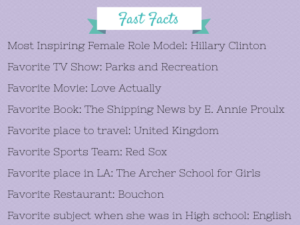
When reflecting on her response during that interview, she commented while laughing that the interview was “one of the proudest moments of my life. How I had that factoid and managed to recall it at the exact right moment, I don’t know, but it was good.”
She did not expect to be hired since she realized that her comment could have been interpreted as “vaguely disrespectful,” although her tone remained pleasant.
English recalled leaving her suit jacket in the car for the interview, an “important detail” in the story. When she finally heard back from the school, the consultant informed her that the board had one problem with her interview.
Much to English’s disbelief, the board was not upset about her Kennedy comment. Instead, the consultant said that they were “very dismayed that [she wasn’t] wearing a suit jacket, and that they could see the outline of [her] bra.”
At the same time, she had been contacted by Archer for a job as the Head of School, but didn’t really consider the job because she of preconceived notions about Los Angeles culture.
It wasn’t until the people at her “dream job” made the suit jacket comment that she began to fully consider the job at Archer. She realized that it was time for a change.
She visited Archer and “within 10 minutes, I fell in love with this place. I met the students instantly, that was my first meeting [at the school], with a group of Archer students and I knew I had to come here if they would have me.”
Transition from the East Coast to the West Coast
“I soon came to appreciate how creative and generative it is as a place and liked the lack of judgement about many things but [specifically] about lifestyle,” she said, despite her initial judgement of Los Angeles.
This was very different from her New England lifestyle. Referring to her own life experiences, she said, “in New England, you don’t want to talk about [things like divorce] because there’s almost a shame [in that].”
“I find being in LA incredibly liberating… I think it is a very healthy community and a very supportive community and that gives me hope for the future of all schools everywhere,” she said.
English said, “Because [Archer] is such a unique and special community, I think the transition was very easy.”
Archer
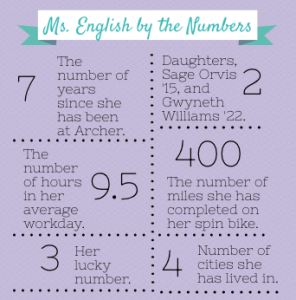
Archer struggled economically at the time English became the Head of School.
“I inherited a school that had a budget that was built on a much higher enrollment than we found ourselves facing, and I had to let a lot of people go over two years, a lot. It was tough, tough time,” she said.
When asked about English’s leadership style, Coyne said, “She’s certainly collaborative, yet decisive. I think she puts a lot of trust into those who work closely with her.”
“I feel like there’s a lot of trust which comes with some autonomy and independence too, to be creative and to take a certain level of ownership for the Upper School and I think that she does that across the board,” Coyne continued.
Maria Servello has been English’s Executive Assistant since English was hired in 2008. In addition to assisting English, she is the Transportation Coordinator and Neighborhood Liaison for Archer.
“I’m very glad that we both decided to team together when she was first hired,” Servello said.
On English’s leadership style, Servello commented:
She is extremely supportive, she’s collaborative, she’s inclusive, which is really important for an assistant, and she is a really good mentor.”
“Most of the other heads of school that I worked for were a little bit removed from the classroom and the actual teaching that’s happening, and Ms. English is completely hands-on and has taken us to such a high level in the classroom,” Servello added.
English is very grateful that Archer’s founders Megan Callaway, Victoria Shorr and Dr. Diana Meehan are still heavily involved in the school “and that our mission is as explicit as it is, because it helps me as a leader make good decisions for the school.”
Misconceptions
Over the course of her Archer career, English has faced many misconceptions about an all-girls’ education. She said one misunderstanding she hears the most is that:
“[People think that] the girls must be horrible to each other, because that’s the expectation, that girls are natural enemies,” English said. “Girls are natural friends, they’re not natural enemies, and particularly in a culture like Archer’s.”
Another misconception she sees is the notion that “if you send your daughter to a girls’ school, she won’t be prepared for the real world,” which she feels is blatantly debunked by statistical evidence.
One misinterpretation that “really annoys” her is the idea that “if a girl goes to a girls’ school… she’s going to turn out to be a lesbian.”
“This is maddening because it reveals homophobia as well as sexism,” she said.
Final Thoughts
“One of the most important things as a woman is to be conscious of the resistance and opposition you will face.” English said. “Women are just not conscious of the disparity between the way men and women are treated… the consciousness raising that we do at an all-girls’ school is really imperative.”
She also feels that girls who go to an all-girls’ school are more confident and more aspirational. English said that Archer exists to change the fact that women are not getting nearly as many leadership positions as men.
Regarding her insights on leadership, she said, “If you want to make somebody angry with you, just make a decision, it doesn’t matter what it is, someone won’t like it. And that’s leadership, having the courage to make a decision.”



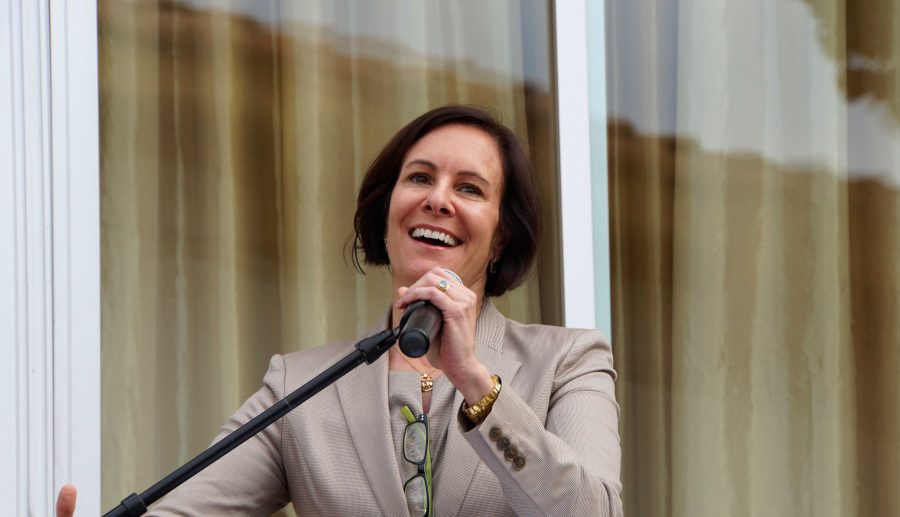
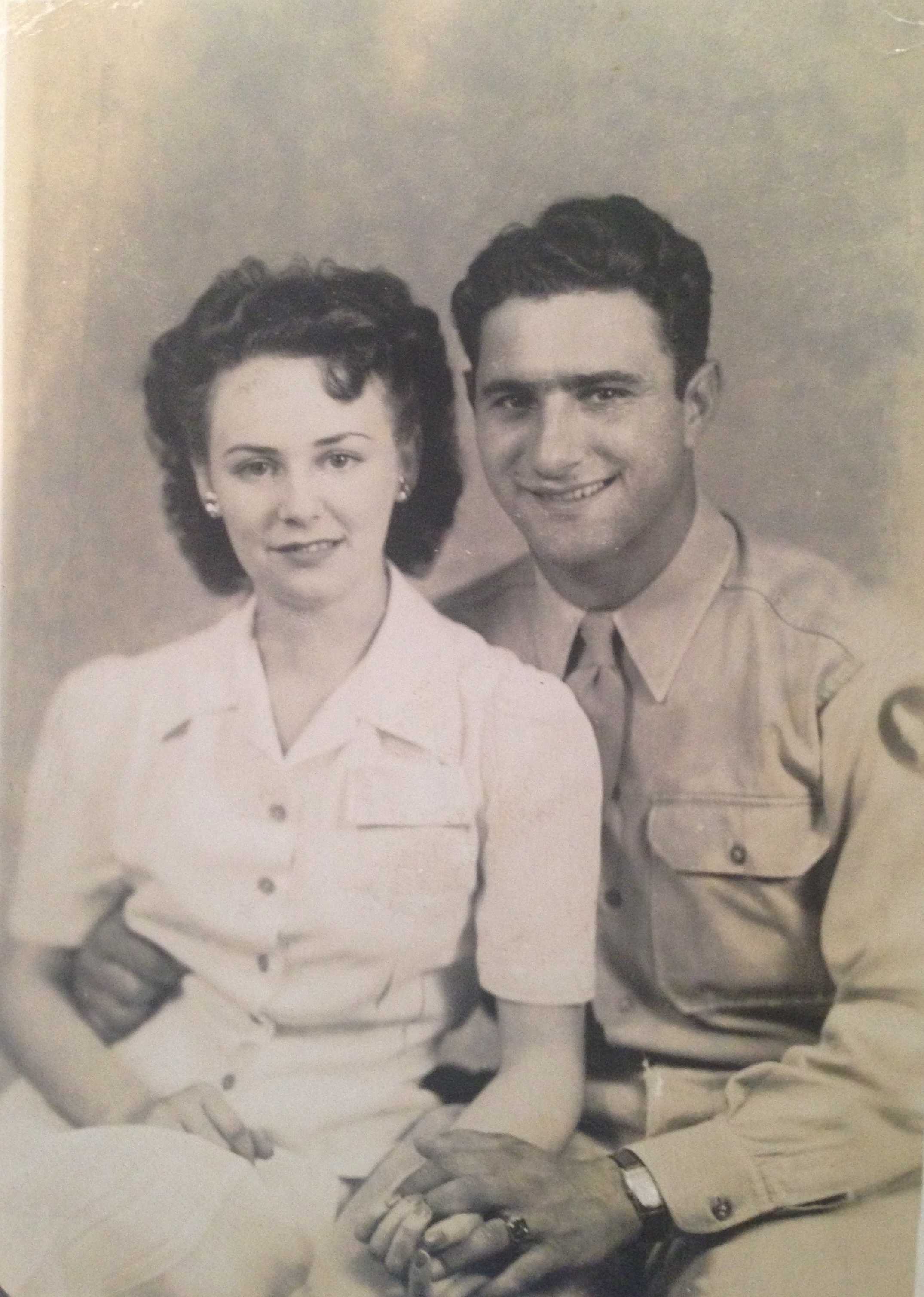
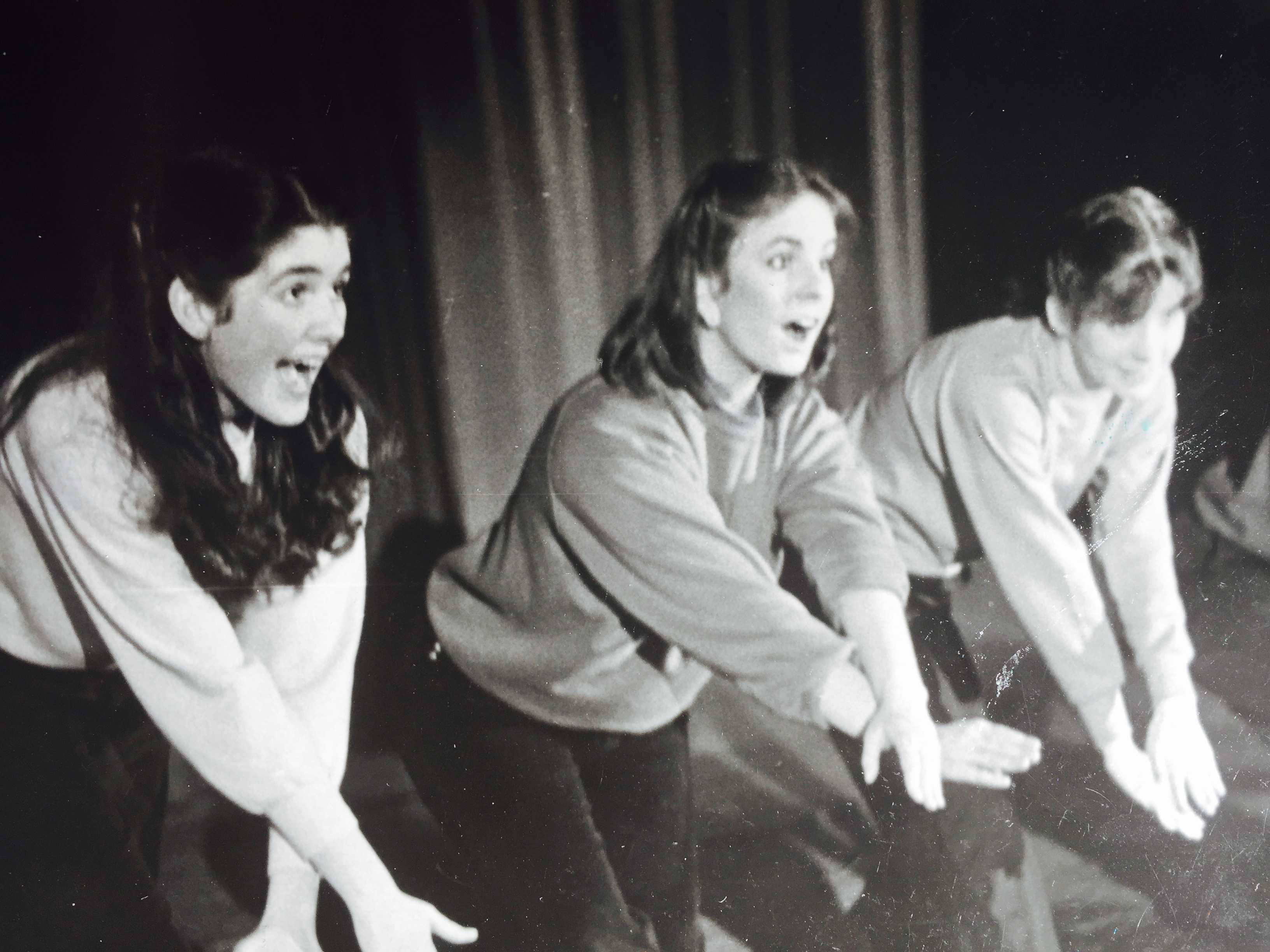
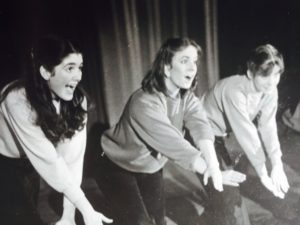
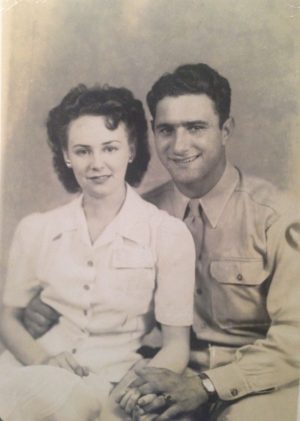
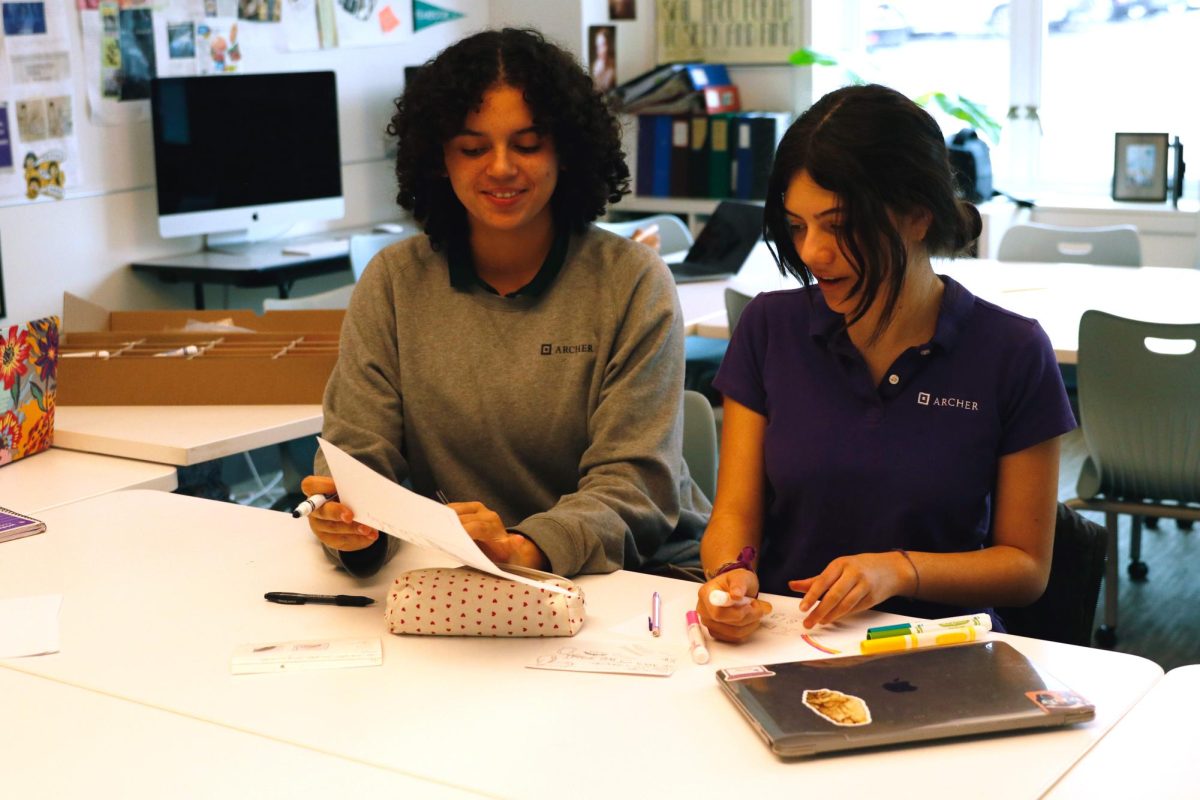



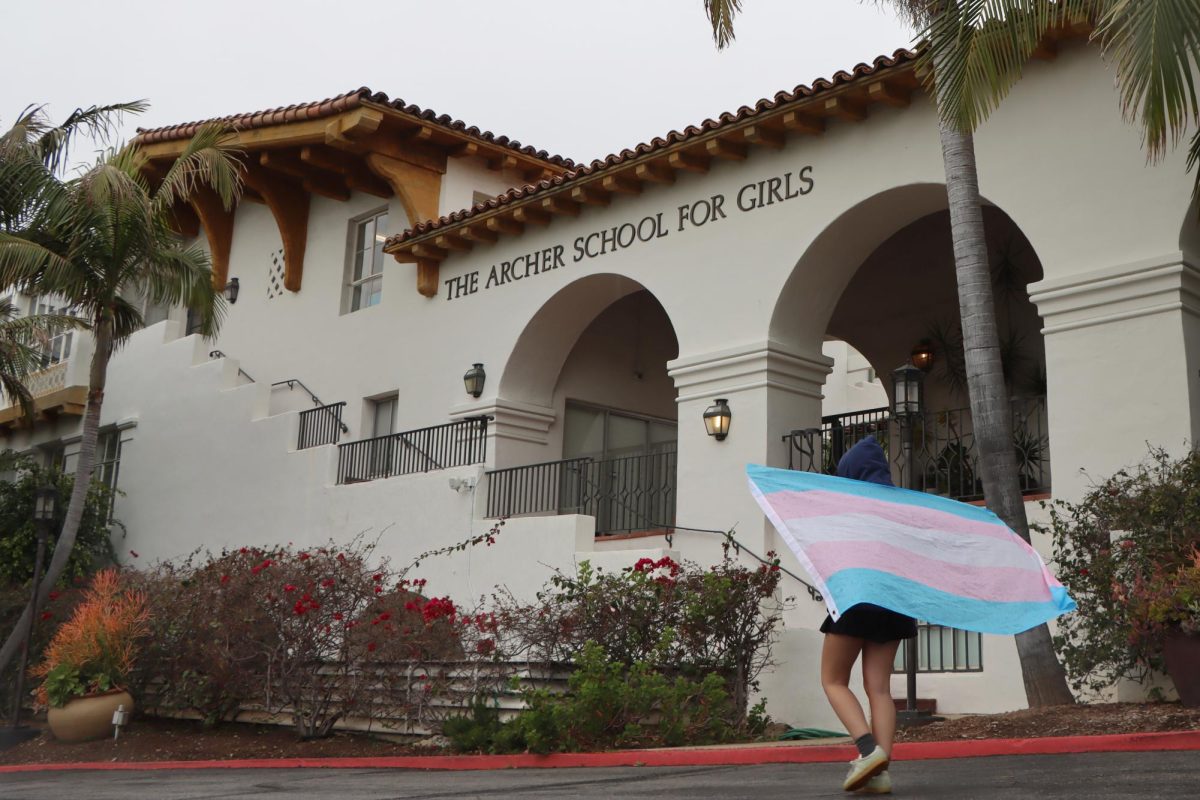

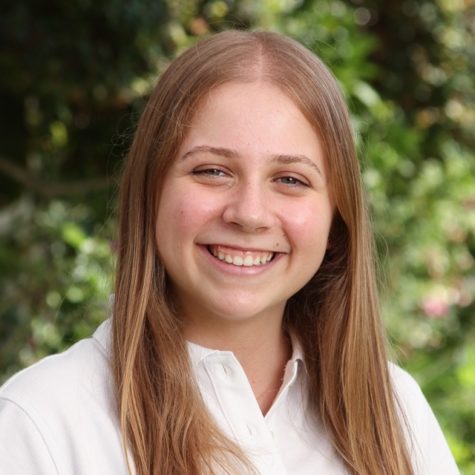
Dr. Yoshimura • Mar 13, 2015 at 3:54 pm
Beautiful biography! I love the pictures from her youth and incorporation of key quotes. Our school has grown enormously, in so many ways, since 2008. Thank you, Ms. English, for your leadership that has preserved Archer’s special spark while bringing us boldly to the forefront of education.
Ms. Coyne • Feb 8, 2015 at 9:57 pm
Sarah and Syd, what a great spotlight piece!